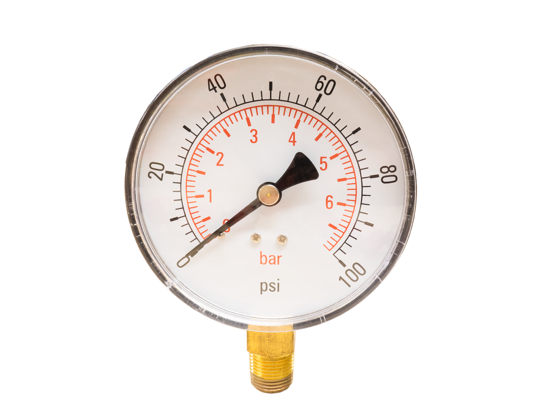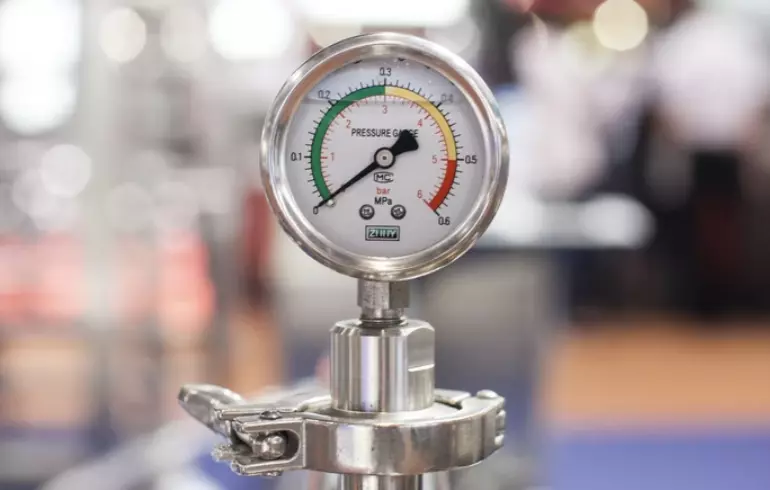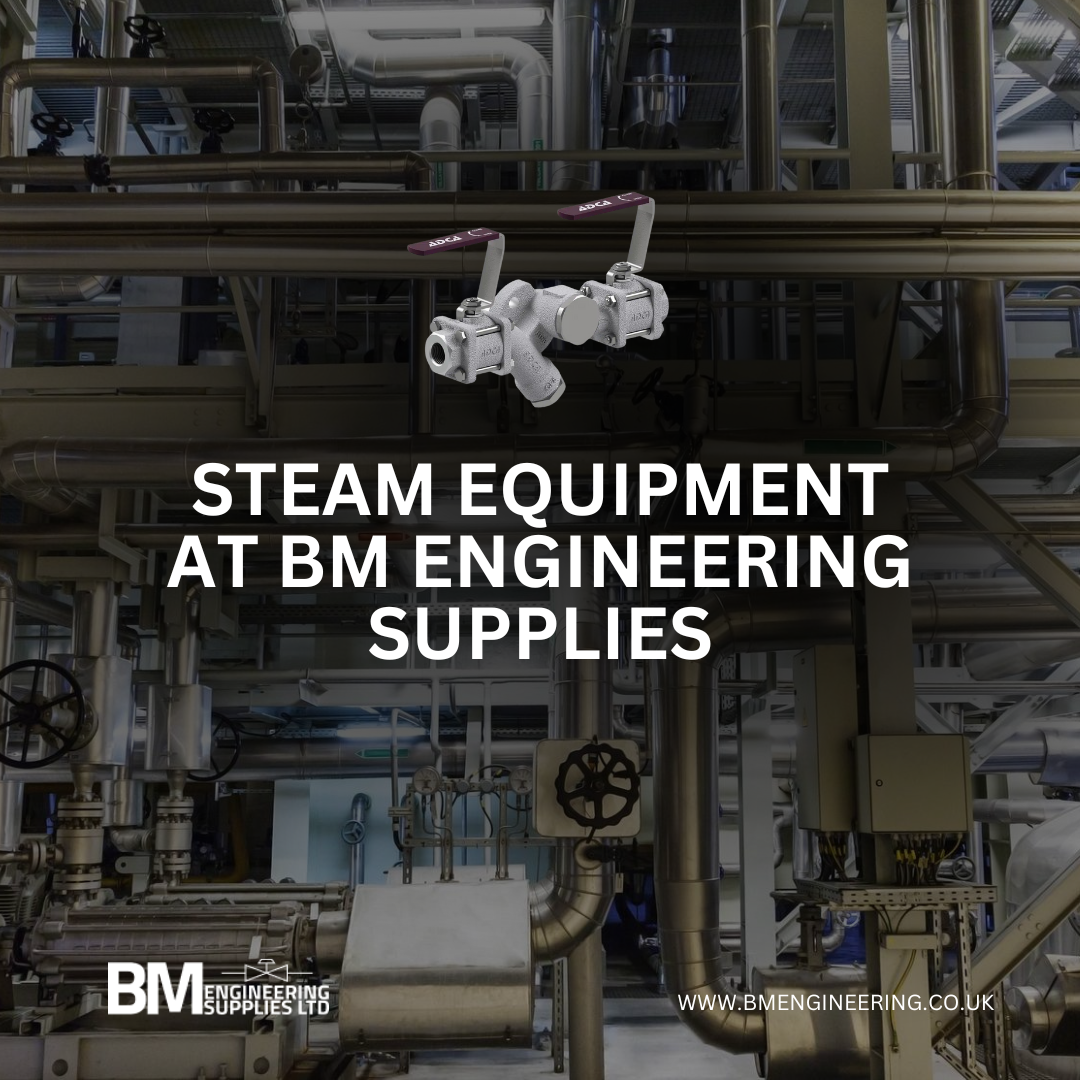
Under Pressure! Understanding the working principles of a pressure gauge
Pressure gauges and water pressure gauges are fundamental components of most processing systems in an array of industries. They must be accurate, reliable and easy to use to avoid system failure in countless applications. If you’d like to understand more about the workings of a pressure gauge, continue reading our helpful guide.
What is a pressure gauge?
A pressure gauge is a device that’s used to measure fluid, gas, water, and steam intensity in a system. They’re indispensable during the setup of a system and its operation. The pressure gauge ensures that the system is working within the proper operating conditions and that there are no leaks.
Pressure gauges have been used for more than 100 years and have been constantly evolving to fit the needs of new applications and systems. The use of pressure gauges has made them a necessity as more pressure systems become operational.
Pressure is determined by the perpendicular force applied per unit area of a surface. This is a calculation that is discovered through the use of varying techniques and methods. The correct measurement of pressure depends on the reference the pressure reading is measured against.
How pressure gauges are used
There are several types of pressure gauges used in a wide range of applications across many industries. They all provide a similar end goal, which is a clear reading or measurement. Before knowing how pressure gauges are used and what they do, you must first understand that pressure gauges are divided into two categories:
- Hydrostatic pressure – this type of pressure is generated by the weight of a liquid above a measurement point when the liquid is at rest. The height of the liquid influences the hydrostatic pressure and the hydrostatic properties of a liquid are not constant and are influenced by liquid density and gravity.
- Mechanical pressure – this type of pressure is measured by a bellows, diaphragm, or Bourdon tube that converts fluid pressure into force.
Now that we understand how pressure gauges can be categorised, we can learn more about how they’re used, and the industries they’re integral to.
- Automobiles
- Aeronautics
- Hydraulics
- Food industry
- Oil production
- Chemical industry
Automobiles
Pressure gauges are present all over a car, from measuring the air pressure in tyres to the air conditioning oil and engine coolant, and other systems. Modern cars have pressure gauges and metres on all sorts of components.
Aeronautics
There are many instruments that inform pilots of their aircraft’s condition and pressure variances. Pressure sensing devices can be found in the flight group and engine group. In fact, they’re the most essential aspects of an aeroplane’s operation because they help to preserve its safe functioning.
Hydraulics
A hydraulic pressure gauge is an important part of the operation of a hydraulic device. Inadequate pressure gauges can affect a system‘s performance and can be damaging to the flow of a manufacturing process. Any pressure changes can indicate leaks in the system or damage to a component. Hydraulic pressure gauges have to be extremely accurate and capable of functioning in harsh conditions.
Food industry
Pressure gauges in the food industry are required to be very hygienic and are made of 316 stainless steel. Rigorous cleaning is a necessary part of the food industry and the pressure gauges used in this industry are capable of withstanding this level and consistency of cleaning.
Oil production
In the oil industry, flow line separators and shock tanks are all under pressure of some form. Every aspect of an oil application is monitored by a pressure gauge. These pressure gauges have safety measures built into them for the protection of workers, because they can blow out when the pressure gets too high.
Chemical industry
Pressure gauges for the chemical industry are designed to meet the needs of a variety of highly aggressive environments. Chemical industry pressure gauges require constant maintenance. For the protection of the instrument, these pressure gauges are coated in Tantalum, Halar, or Polytetrafluoroethylene (PTFE), which are corrosion resistant.
Pressure gauges at BM Engineering
At BM Engineering, we supply a wide range of pressure gauges, water pressure gauges and hydraulic pressure gauges for a variety of industries and applications. Pressure gauges are fundamental components of most processing systems and need to be reliable, accurate and easy to use to avoid system failure in everyday operations. Pressure gauges are an important and inexpensive piece of instrumentation that can save you a lot of hassle. After all, system breakdowns and failures can cost time, money and productivity loss.
For more information on the types of pressure gauges we offer, or to purchase your pressure gauge from BM Engineering, get in touch today on 0141 762 0657 or via email at sales@bmengineering.co.uk.



